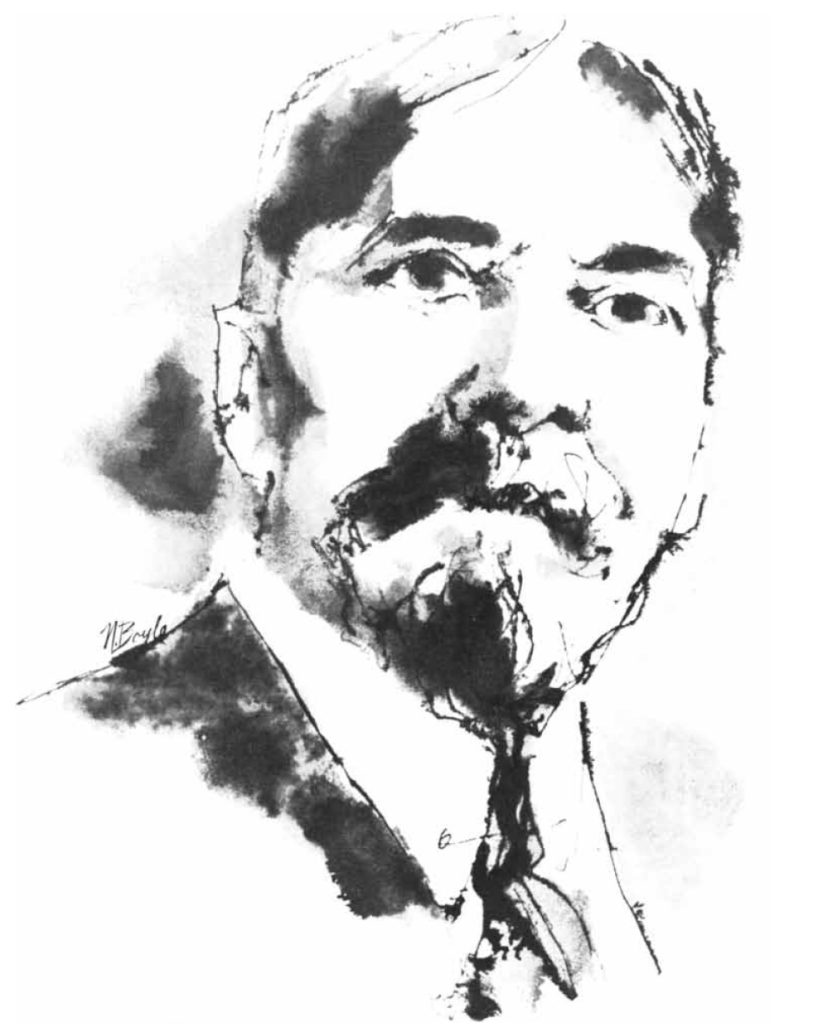
In 1914, Thorstein Veblen wrote a book titled The Instinct of Workmanship and the Industrial Arts. In that book, he coined the phrase “trained incapacity” (p. 347). What he meant by that was the people in a company, trained in the specific fields through education or work experience, usually work at cross-purposes with one another, driven by business leaders’ “disregard of other than pecuniary considerations.” Simply stated, business leaders trained in money matters have an incapacity or inability to see beyond what they know — money (costs, finance, stock price, etc.).
More specifically, Veblen meant the lack of understanding that top leaders have about manufacturing processes because they are habitually focused on money and have developed a “trained incapacity” to recognize problems that are beyond what they know. Probably most of us have told a senior leader about a serious process problem and were dismissed, leaving us to wonder why. The answer is their concerns lie with the larger money problems, not small process problems that workers should know how to fix. Leaders’ close focus on money, of course, often negatively impacts the employees and processes that produce the goods that customers pay for. It also develops a “trained incapacity” to have a deeper and wider social outlook. Consequently, the higher you go up the hierarchy, the more static, rather than evolving, view one has.
Seventy-two years later, Professor Chris Argyris, wrote an article that was published in Harvard Business Review titled, “Skilled Incompetence” (1986). In it, he defined skilled incompetence “…managers use practiced routine behavior (skill) to produce what they do not intend (incompetence).” In context, Argyris described this as “counterproductive behavior,” essentially the same as Veben’s work at cross-purposes with one another, making it very difficult to get anything done. In other words, people get good at doing wrong things, and sometimes they even get good at doing bad things. And when we are called out on our “trained incapacity” or “skilled incompetence,” we react defensively, and that makes the problem worse. We choose not to investigate the source of our defensiveness or be more open to new information.
Nobody is immune from “trained incapacity” and “skilled incompetence,” and it seems that Lean world is rife with it. The continuing presence of “Fake Lean” is demonstrable evidence of senior leaders working at cross-purposes with workers and non-executive salaried employees, even to the point of sabotage. And we also have evidence of Lean professionals working at cross-purposes with one another.
The promotion and advocacy for Lean management overall has produced what was not intended, Fake Lean, and seemingly little thought and certainly no meaningful action has been taken in decades to reverse that. That is odd given that Lean world praises learning and improving.
The older generation of Lean power-brokers have long been unto themselves; they are their own bureaucracy. It is unclear who they solicit meaningful feedback from. But it is clear from their actions that “trained incapacity” or “skilled incompetence” are features of their decision-making, not bugs. Hopefully the younger generation of Lean power-brokers will do better.
